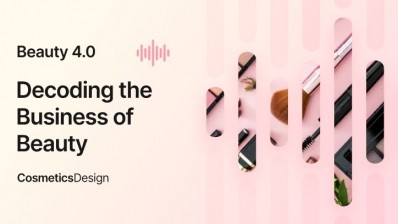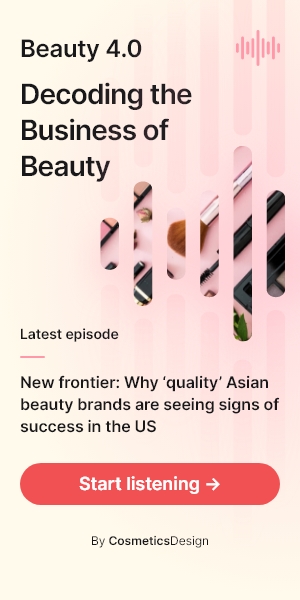Beauty Broadcast Video Series
Dupe dilemma: The real cost of affordable perfume imitations to the fragrance industry
This content item was originally published on www.cosmeticsdesign-asia.com, a William Reed online publication.
In the world of fine fragrances, we are seeing the rise of dupes – alternatives to high-end fragrances that closely mimic well-known scents but are sold for a fraction of the price.
These imitations have sparked significant debate surrounding the ethical implications of recreating an already existing scent
Guy Vincent, a perfumer and CEO of Dutjahn Sandalwood Oils, argues that perfumes are akin to art and commercialising a copy is murky business.
“Perfumery to me is an art form. There's an artist that constructs it and makes the perfume. And there's a lot of knowledge and creativity that go into it – technical knowledge, as well as the personal creativity. It’s an extension of that individual in their art form. They're pouring their soul into that product to create something beautiful,” said Vincent, who has decades of perfumery experience with brands such as Aveda and Aromatherapy Associates.
“If someone then just reproduces that, doesn't go through that process, and copies that art form, then you almost copying someone's soul. I think the ethics of copying someone's art is questionable, highly, highly questionable.”
Dupes have gained immense popularity primarily due to their affordability. Some argue that it democratises expensive luxury fragrances. However, not everyone is convinced by this argument.
“Even at that price point, you don't have to copy someone else's artwork… If you have to make something at $60 a kilogram, then you should be able to make it within your restrictions. You shouldn't just copy someone else's work, dumb it down within your criteria, which is monetary or economic, and then and then justify the theft as some Robin Hood type mentality,” Vincent told the Beauty Broadcast.
Vincent implored perfume lovers who are tempted by the affordability of dupes to consider the ethics and look to smaller brands that are creating original scents.
“It’s kind of like supporting your local artists and shops, it’s the same mentality. And niche fragrances explore different parts of the market they don’t just go for the easy buys.
Enabled by tech
Vincent explained that it is relatively easy to replicate a fragrance these days, thanks to technology such as gas chromatography.
However, it could get even more effortless with the growing use of AI and further accelerate the creation and proliferation of these inspired-by scents.
“There could be copycats happening all the time just through AI and have no human involvement moving forward and the fragrance industry.”
With more interest in perfumery and tech advancements, the presence of dupes is likely to increase. The need to protect perfumers and their rights as creators becomes more imperative but this is a complex issue as fragrance formulas are not protected by copyright.
In 2022, fragrance house Symrise unveiled Cryptosym, a colourless and odourless base. Added to a formula, it can create interference during a gas chromatography analysis, making it more difficult to replicate a scent.
This technology has been used by Victoria’s Secret Bare Eau de Parfum, which launched last year.
To learn more insights on the ethical implications of perfume dupes, check out the video above.

![Beiersdorf has blamed the diagou situation in China and South Korea for La Prairie’s sales decline. [La Prairie]](jpg/la-prairie-h1-sales-decline-attributed-to-diagou-woes-in-china-and-korea-3.jpg)

![Aura Prestige is aiming to further expand its footprint in SEA. [Aura Prestige]](jpg/aura-prestige-eyes-big-time-growth-on-the-back-of-niche-fragrance-boom-in-sea.jpg)
![Shinsegae secures exclusive distribution contracts for luxury fragrance brands Heeley and Culti Milano. [Heeley Paris]](jpg/shinsegae-inks-exclusive-distribution-deal-with-two-more-luxury-fragrance-brands-3.jpg)


![Chinese study highlights mental health challenges in atopic dermatitis, emphasising holistic patient care. [Getty Images]](jpg/chinese-research-linking-atopic-dermatitis-to-mental-health-underscores-need-for-holistic-care-2.jpg)








